Learning resources provide diverse perspectives, allowing individuals to explore various subjects and gain a comprehensive understanding of the world. They foster critical thinking, creativity, and problem-solving skills. Learning resources are the cornerstone of education and self-improvement, offering pathways to knowledge, skills, and personal growth that are essential for success in today’s dynamic and competitive environment. The importance of learning resources in education and self-improvement cannot be overstated.
Learning resources encompass a wide range of tools, from textbooks and online courses to mentors and libraries, all of which play a vital role in expanding knowledge and fostering personal growth.In education, well-curated learning resources provide students with access to diverse perspectives and knowledge, enhancing the quality of their learning experiences. Additionally, they enable educators to design engaging and effective teaching strategies.
In this blog, we’ll explore the diverse world of learning resources, from digital libraries to interactive courses, offering a wealth of knowledge at your fingertips. Discover how these learning resources can empower your educational journey and personal growth.
Table of contents
- Evolution of Learning Resources
- Traditional Learning Resources
- Digital Learning Platforms
- Educational Apps and Interactive Tools
- Open Educational Resources (OER)
- Language Learning Resources
- Personalized Learning Paths
- Time Management and Consistency
- Artificial Intelligence in Learning
- Conclusion
- Frequently Asked Questions ( FAQs )
Evolution of Learning Resources
The evolution of learning resources has been transformative. Traditional resources like text books for kids and chalkboards have given way to digital tools and platforms. Today, learners can access a wealth of information online, from interactive simulations to video lectures. This shift has democratised education, making it more accessible and flexible. However, it also requires critical thinking to discern credible sources amidst the vast digital landscape.
Traditional Learning Resources

Delving into traditional learning resources reveals the timeless importance of books, libraries, and physical materials in the acquisition of knowledge. Books have been a cornerstone of education for centuries, encapsulating a wealth of information and diverse perspectives. Libraries, often regarded as sanctuaries of wisdom, offer access to vast collections of printed materials, fostering a culture of exploration and discovery.
Physical materials like maps, charts, and laboratory equipment enhance hands-on learning experiences, particularly in fields like geography and science for kids. These foundational resources not only preserve our collective wisdom but also provide a tangible connection to the rich history of human learning, serving as pillars of academic excellence.
Digital Learning Platforms
In today’s fast-paced world, digital learning platforms have emerged as transformative tools in education. Online courses, e-books, and multimedia resources have revolutionized how we acquire knowledge.
Online courses offer flexibility, allowing learners to tailor their education to their schedules. E-books provide instant access to a vast library of materials, reducing the burden of physical textbooks. Multimedia resources engage learners with interactive content, enhancing understanding.
Furthermore, digital platforms promote inclusivity, enabling access to education for people worldwide, irrespective of geographical barriers. They also offer personalised learning experiences, tracking progress and adapting content to individual needs.
As education evolves, embracing digital learning platforms empowers us to learn, grow, and adapt in the 21st century.
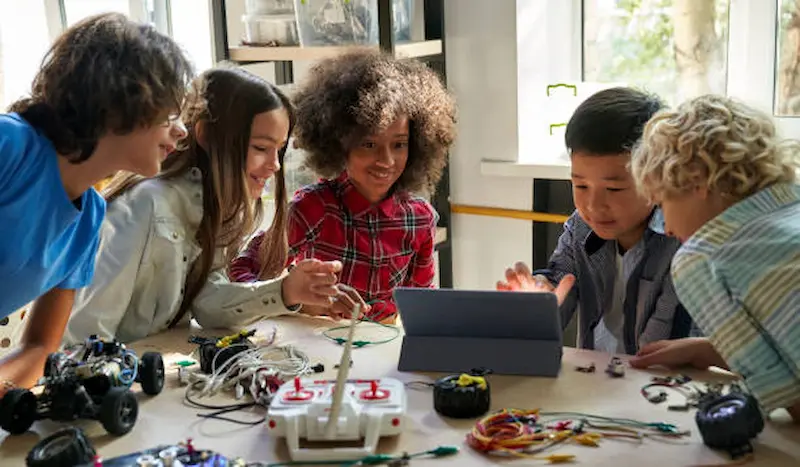
Educational Apps and Interactive Tools
Here, we showcase some noteworthy educational apps and tools that have made a significant impact on education:
Kahoot!: Kahoot! is a game-based learning platform that turns traditional learning materials into interactive quizzes for kids and games. It’s an excellent tool for teachers to engage students and assess their knowledge while making learning fun.
Duolingo: Duolingo is a language-learning app that offers interactive lessons in dozens of languages. With its gamified approach, it motivates users to learn and practice a new language through reading, writing, speaking, and listening exercises.
Quizlet: Quizlet is a versatile study tool that enables users to create flashcards, quizzes, and interactive study sets. It’s widely used by students to reinforce their knowledge on various subjects.
Scratch: Scratch is a beginner-friendly programming platform developed by MIT that allows users to create interactive stories for kids, games, and animations. It’s an excellent tool for introducing coding concepts to kids and beginners.
Padlet: Padlet is a collaborative tool that enables teachers and students to create interactive bulletin boards where they can share ideas, notes, images, and videos. It’s a great platform for fostering creativity and collaboration.
Open Educational Resources (OER)
In an era where accessibility and affordability of education are paramount, Open Educational Resources (OER) have emerged as a beacon of hope. These resources are freely accessible and can be invaluable tools for learners, educators, and institutions seeking to expand their horizons and democratise education. Below, we delve into the world of OER, showcasing these resources by subject:
1. Mathematics:
Khan Academy: Khan Academy offers an extensive collection of instructional videos for kids and exercises that cover a wide range of mathematical concepts, from basic arithmetic to advanced calculus.
MIT Open Courseware: The Massachusetts Institute of Technology (MIT) provides free access to their mathematics course materials, including lecture notes, assignments, and exams.
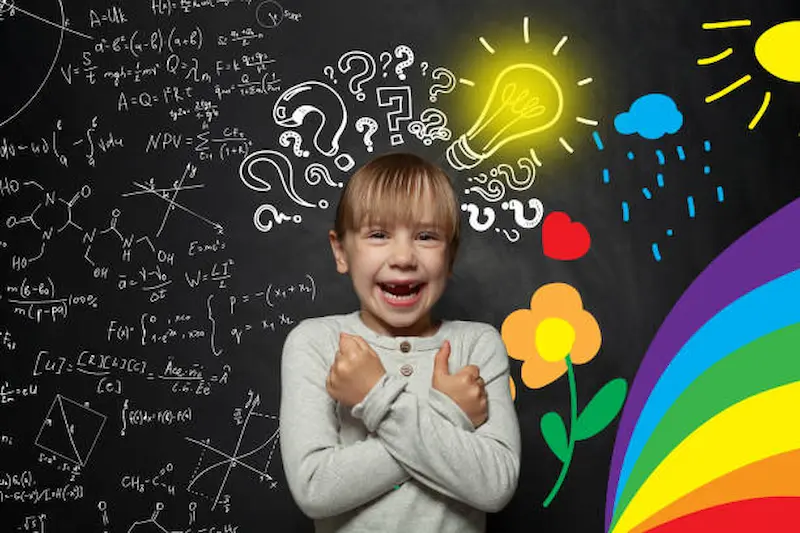
2. Science:
PhET Interactive Simulations: Developed by the University of Colorado Boulder, PhET offers interactive science experiments for kids and math simulations. These simulations help students grasp complex scientific concepts in physics, chemistry, biology, and more.
NASA’s Educator Resources: NASA provides a plethora of educational materials, from lesson plans to virtual field trips, allowing students to explore the wonders of space and science.
3. History and Social Sciences:
Library of Congress: The Library of Congress offers a treasure trove of primary source materials, including photographs, manuscripts, and maps, making history come alive for learners of all ages.
Coursera: While not exclusively OER, Coursera offers numerous free courses from top universities on history, sociology, political science, and related subjects.
4. Language and Literature:
Project Gutenberg: Project Gutenberg offers over 60,000 free eBooks, including many classic literary works, providing a vast resource for literature enthusiasts and students alike.
Duolingo: Duolingo’s language courses are not only engaging but also freely accessible, helping learners master languages from Spanish and French to less common options like Swahili and Navajo.
Language Learning Resources
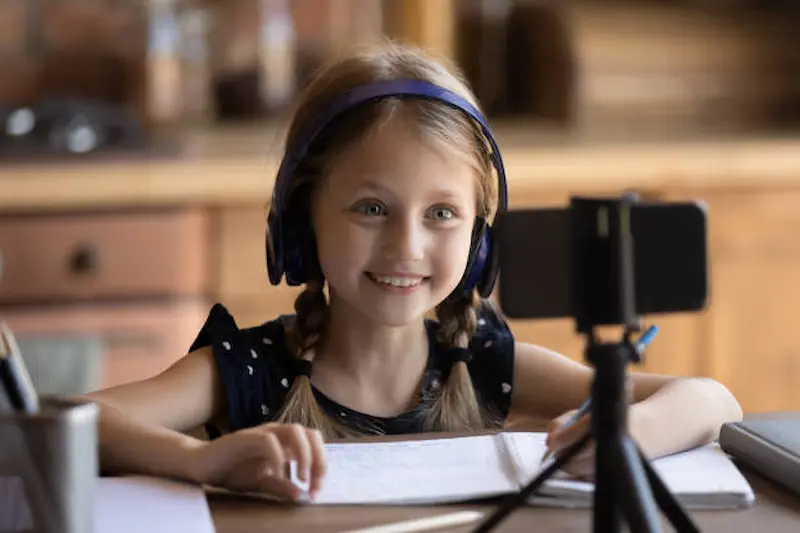
Language acquisition is a journey that opens doors to new cultures, perspectives, and opportunities. In today’s interconnected world, language learning resources have evolved to offer a myriad of tools and techniques for acquiring new languages effectively. Here, we introduce you to some valuable resources and strategies for mastering a new language:
Duolingo: Duolingo is a popular language learning app that offers courses in over 30 languages. Its gamified approach makes learning fun, and it covers reading, writing, speaking, and listening skills.
Rosetta Stone: Rosetta Stone is renowned for its immersive language learning method. It focuses on teaching through context and offers a variety of languages, making it an excellent choice for serious learners.
Memrise: Memrise employs memory-boosting techniques and user-generated content to help learners pick up vocabulary and phrases in numerous languages. It also includes native speaker audio.
Anki: Anki is a powerful flashcard app that uses spaced repetition to optimize language retention. Users can create custom decks or download shared decks for language learning.
Tandem Language Exchange: Tandem connects language learners with native speakers for language exchange. It’s an excellent way to practice conversational skills and gain cultural insights.
Personalized Learning Paths
Personalized learning paths are tailored educational journeys designed to meet individual learners’ needs and goals, including the development of leadership skills for kids. Adaptive platforms like Khan Academy adjust content based on performance, ensuring targeted skill development. Self-paced courses, mentorship, and data-driven insights empower learners to tailor their education, fostering more effective and engaging learning experiences that can nurture leadership skills in young individuals.
Time Management and Consistency
Effective learning relies on sound time management, which is also an important skill to instill good manners for kids. Set clear goals, create schedules, and allocate specific study periods. Consistency is key; stick to your routines, minimize distractions, and take short breaks to enhance productivity. Balancing time wisely is vital for achieving your educational aspirations and promoting good manners in young learners.
Artificial Intelligence in Learning
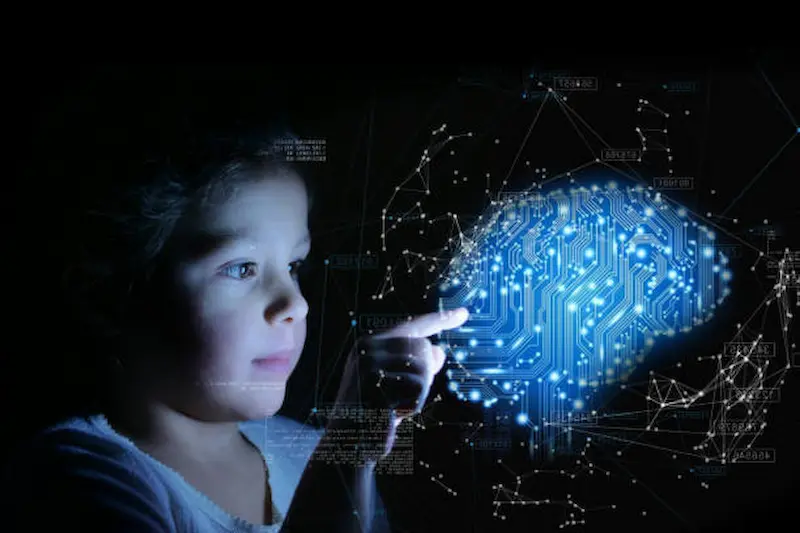
Artificial Intelligence (AI) is transforming education through adaptive learning platforms and personalized resources, even for AI for kids. AI analyzes student data to tailor content, pace, and assessments to individual needs. Chatbots and virtual tutors provide instant assistance, making learning more accessible and engaging. AI-powered tools enhance outcomes, and pave the way for a more efficient and effective learning experience for learners of all ages, including children.
Conclusion
Learning resources offer a wealth of knowledge and skills, enabling personal and professional growth. They provide opportunities for self-improvement, career advancement, and lifelong learning. Whether through books, courses, or digital platforms, these resources empower individuals to expand their horizons, stay relevant in their fields, and embrace a brighter future. Also, empower individuals to expand their horizons, stay relevant in their fields, embrace a brighter future, and make meaningful contributions to society.
To get your hands on more such educational and free resources on coding, robotics, game development, etc., do check out the Brightchamps Blog Page now!
Frequently Asked Questions ( FAQs )
A1. Learning resources are materials and tools used to support education and skill development.
Q2. How do digital learning resources differ from traditional ones?
A2. Digital learning resources are electronic, accessible online, and often interactive, whereas traditional ones are physical and non-digital.
Q3. How can I find credible and reliable learning materials?
A3. To find credible and reliable learning materials, consult reputable sources, libraries, educational websites, and peer-reviewed publications.
Q4. What are the benefits of personalized learning paths?
A4. Personalized learning paths enhance individualized progress, adapt to learner needs, and improve engagement and retention.

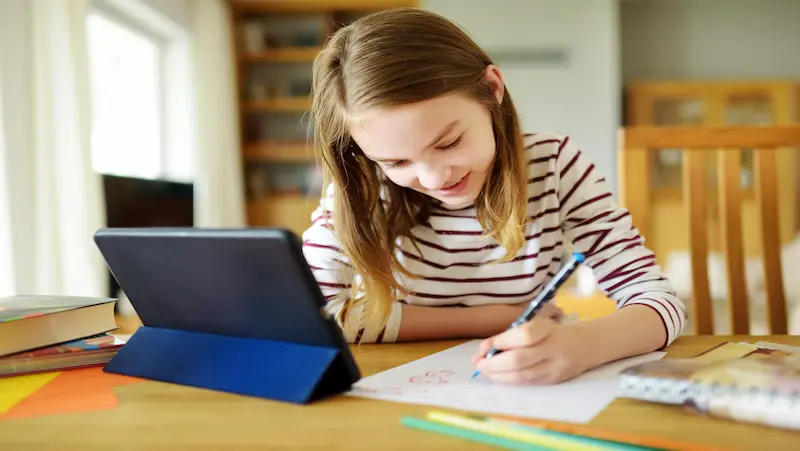
 We are an army of educators and passionate learners from BrightChamps family, committed to providing free learning resources to kids, parents & students.
We are an army of educators and passionate learners from BrightChamps family, committed to providing free learning resources to kids, parents & students.








